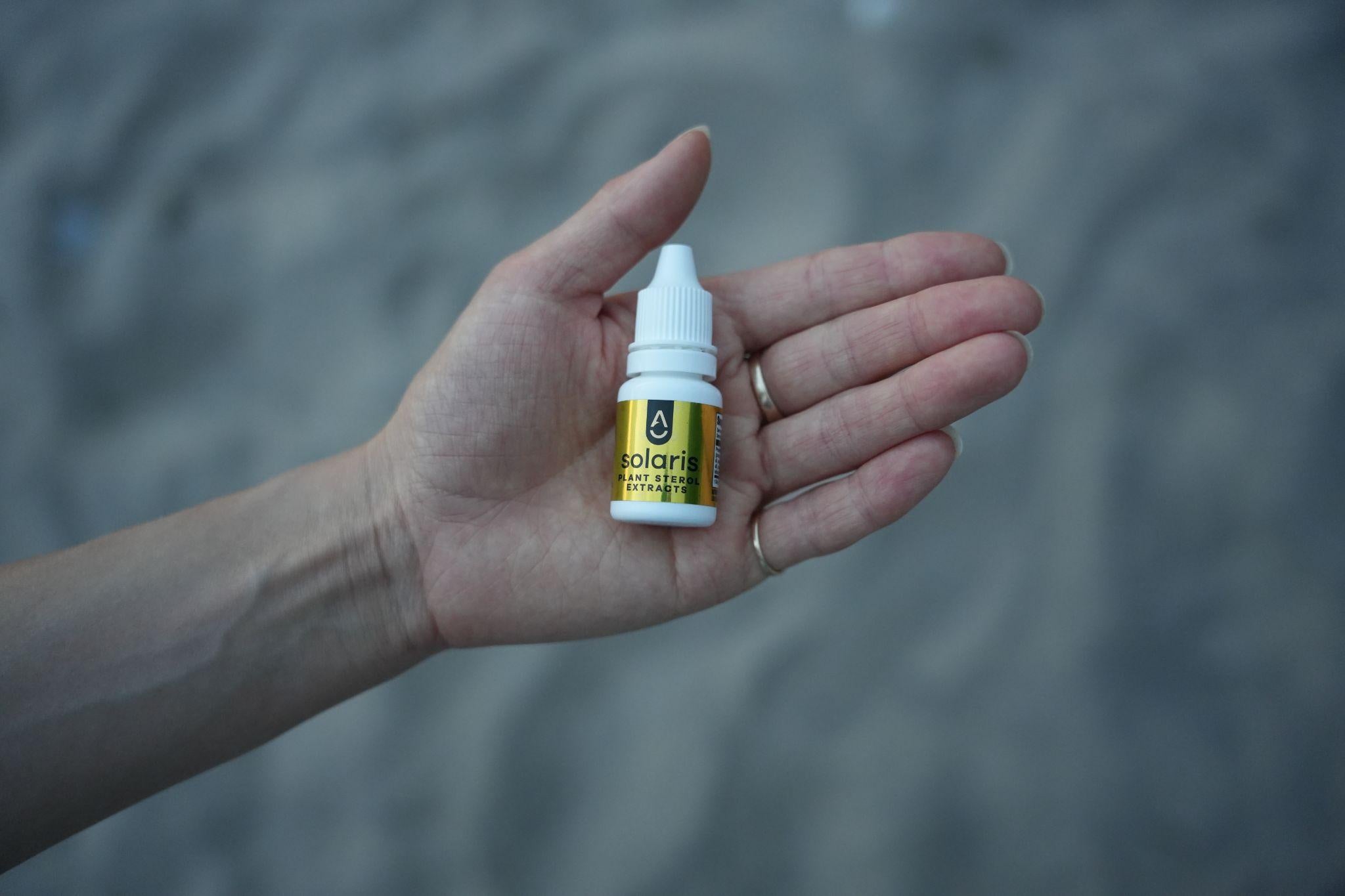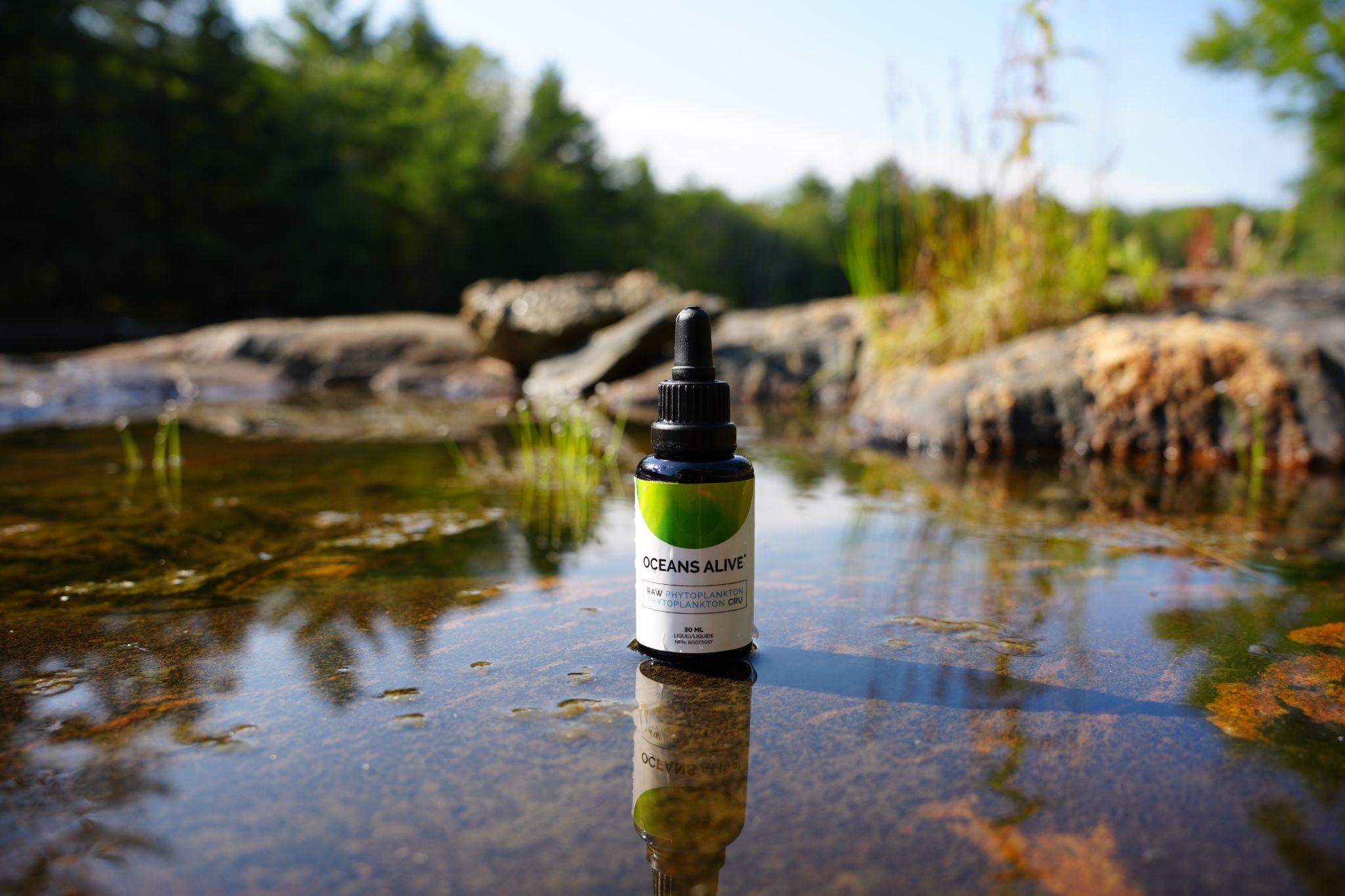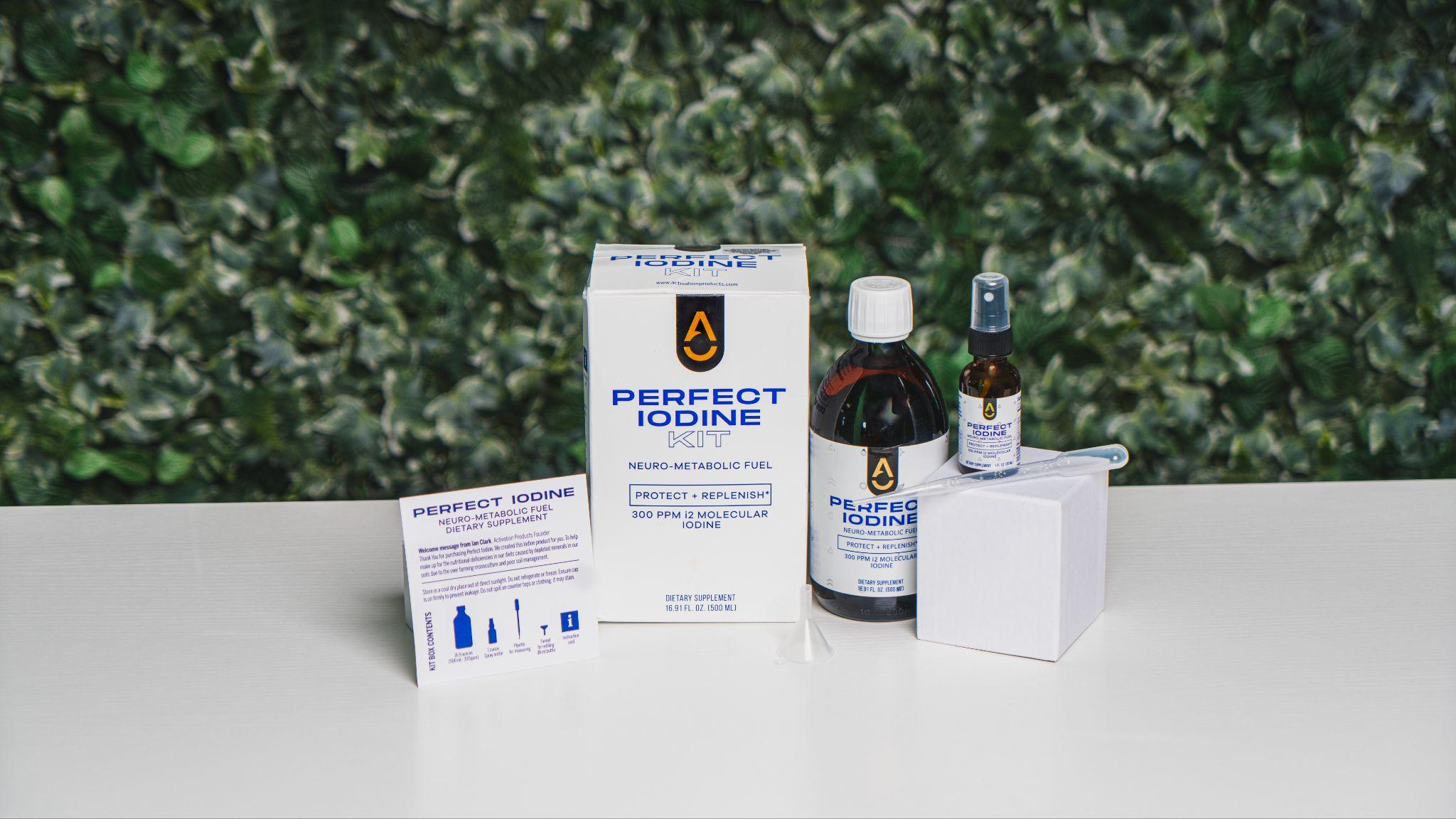
Are you struggling with a dry, itchy scalp and embarrassing dandruff flakes? Do you have thinning hair, or is your hair going gray? If you’re having trouble with your hair and scalp, it could be due to a magnesium deficiency.
Read on to discover an easy way to nourish your hair and scalp back to health.
Calcium, Magnesium and Your Hair
Magnesium helps your body absorb and use other nutrients like calcium. Without magnesium, calcium can't get into your bones, where it’s needed most. Instead, it can clog up arteries and form calcifications in your joints and organs. It can also form calcium deposits on your scalp, which can lead to dryness, flaking, and even hair loss. Spraying magnesium directly onto your scalp can help with all these conditions.
If you’re experiencing a dry scalp or hair loss, Ashley Glenn of NaturallyCurly.com suggests, “Try using magnesium oil to massage your scalp. Scalp massages promote blood circulation and help prevent hair loss. Magnesium dissolves the calcium deposits in the hair follicles, so it has been used to fight hair loss as well. If you have hard water, your hair and scalp may suffer from a buildup of calcium, so applying magnesium oil can help dissolve this buildup.”
Glenn recommends making your own magnesium oil, but there are clean, natural products out there that will save you the trouble and are much easier to use. EASE Magnesium is an affordable option that won’t itch or leave your scalp feeling greasy, unlike homemade or purchased magnesium oil.

Magnesium to Soothe Your Scalp
Magnesium also fights conditions caused by sweat, hair products, or sebum (natural oils that can sometimes be overproduced). Topical magnesium will cleanse away bacteria and other irritants, break down buildup, and soothe the skin to alleviate symptoms.
With daily use, your scalp will return to normal, with no dandruff, buildup, or itchiness in a week or two. Over time, your hair will become stronger and thicker, developing a healthy shine. As an added bonus, hair loss due to calcium deposits or other buildup will also be a thing of the past. You may even notice that thinned or bald spots show signs of hair growth again.
Age-Related Hair Loss
Not all hair loss results from calcium deposits. Sometimes, with age, your hair naturally thins out, especially if it runs in your family.
With as much as 80% of the American population deficient in magnesium, it’s no wonder hair loss is such a common complaint.
Still need convincing? Tracy, a personal trainer and health advocate, recently shared her success story with EASE Magnesium:
“For about a year I struggled with thinning hair and I was experiencing some sort of buildup on my scalp. The buildup wasn't exactly like dandruff or sebum so I really didn't know how to treat it.
I figured that the thinning hair and scalp issues were connected somehow and did some research. What I found was that calcium can build up on the scalp which causes your hair follicles to clog up (the clog is like a little round ball that can easily be picked off). After doing some more digging I read that applying topical magnesium to your scalp can fix this problem and I also spoke to someone who mentioned that you can use topical magnesium to thicken your hair.
Figuring I had nothing to lose I gave it a shot! I sprayed magnesium on my scalp every day for about a week and within my first week that build-up on my scalp was gone....I couldn't even believe it.
The results happened so quickly for me. Now I am over a month into this routine the buildup has not returned and better yet I can see my hair thickening in those same places I noticed the thinning.
The only change I made was that I started to apply EASE once every other night on my scalp but I still continue to spray EASE daily on other parts of my body. I am super thrilled with these results!”
Great news for Tracy!

Going Gray?
Like hair loss, graying is usually considered an inevitable sign of age. Hair goes gray when the pigment cells in hair follicles die, making the hair more or less transparent — appearing silver, white, or gray.
While more and more people are accepting and embracing their gray hair (just Google “gray hair trend” if you don’t believe me), many would like to stop or reverse the graying of their hair. Obviously, hair dyes and tints have been a popular choice for a long time, but many people are turned off by the harsh chemicals involved in coloring hair. Recent studies show that regularly coloring your hair can seriously impact your health. Plus, it requires a lot of maintenance at a fairly high cost.
While not conclusive, some preliminary research offers hope that magnesium deficiency may be behind some cases of gray hair. If this is the case, replenishing your magnesium stores could stop or even reverse the graying of your hair. Given magnesium's many benefits for your health and the ease of using a spray — either directly on your hair or elsewhere on your body — it couldn't hurt to try.

Magnesium: The Great Multi-Tasker
Magnesium is excellent for your hair since it’s responsible for over 700 metabolic functions in the body. It’s also a nutrient that many Americans are deficient in. So many daily aches, pains, and stresses we suffer from result from too little magnesium.
Here are a few ways magnesium relates directly to hair growth:
- Magnesium encourages protein synthesis by supporting enzyme function. Your body’s ability to use protein is necessary for hair growth. Protein is also the key to melanin production, which keeps your hair from going gray.
- Magnesium regulates blood pressure and keeps blood flow optimized by keeping calcium out of your blood vessels. Blood flow to the scalp ensures nutrition for your hair and keeps your scalp skin healthy.
- Regulating calcium absorption prevents calcifications on your scalp, which can cause hair loss.
Applying topical magnesium directly to your scalp is not the only way for your hair and scalp to benefit. Using magnesium all over your body daily ensures you get enough of this mineral and prevents other magnesium deficiency symptoms.
EASE Magnesium is a solution of pharmaceutical-grade magnesium and purified water. It’s as easy as spraying it on and waiting 90 seconds to absorb.
Resources
http://www.wildturmeric.net/2015/03/top-7-uses-benefits-side-effects-of-magnesium-oil-for-health-hair-skin.html
http://healthunify.com/secrets-of-magnesium-oil/
https://www.regenerativenutrition.com/content.asp?id=487
http://www.nenonatural.com/hair-blog/magnesium-deficient-fix-it-now-if-you-want-healthy-hair






Antioxidant Stress: Too Much of a Good Thing?
Unlock Beautiful skin with solaris